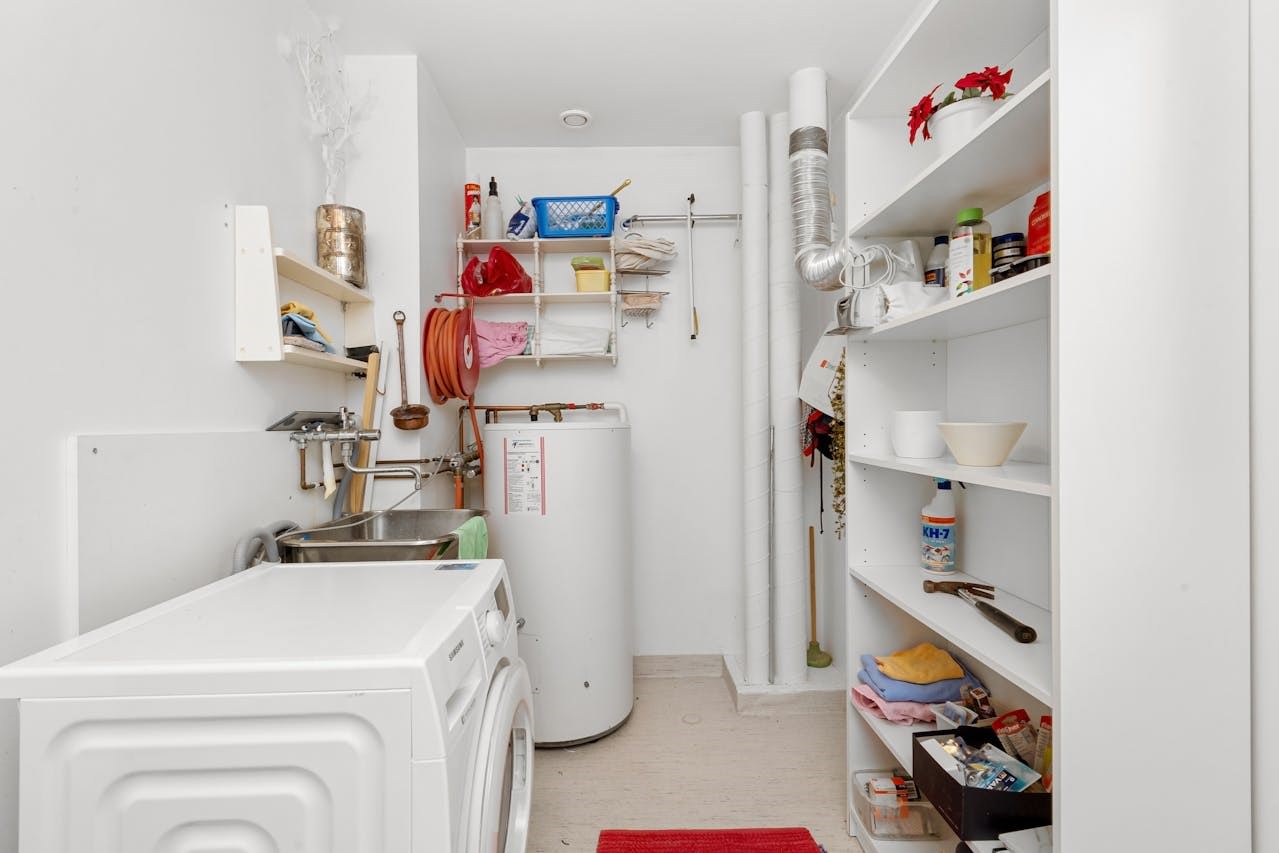The shift towards sustainable energy solutions has cut across different aspects of our lives, including how we heat our water. Traditional water heaters, such as gas and electric, are being phased out in favor of modern domestic heat pump water heaters. Although these modern heating solutions are the best, not everyone has adopted them, mainly because of how expensive they seem.
However, they are not as expensive as many think, especially considering the lifetime savings households can enjoy and the rebates that help you cut down costs on these items. To ensure you understand all this, this piece breaks down the financial considerations for heat pump water heaters and how to take advantage of federal and local incentives.

Costs of Domestic Heat Pump Water Heaters
The costs of domestic heat pump water heaters vary significantly due to several factors, such as your residence location and your current water heating solution. We’ll discuss the upfront and operating costs to give you a clear picture of heat pump water heater costs.
Upfront Costs
The upfront cost of most domestic heat pump water heaters is between $3,600 and $6,500, depending on your current water heater system. For example, homes that want to switch from an electric water heater might spend $3,600 to $4,800, while gas water heater users will spend about $4,300 to $6,500.
This difference is because you’ll need to set up wiring and an outlet that wasn’t in place when you used a gas heater. Electric heaters already have the wiring in place, so you save on those expenses.
Below is a breakdown of what the upfront cost entails:
- Unit Cost: The heat pump water heater is not so expensive. You can get a 50-gallon tank heater for $1,200. If you want a larger 80-gallon tank, you’ll spend about $2,500.
- Installation Labor: We can’t give a specific amount for the heat pump installation cost since it depends on the technician doing the job for you. Also, factors such as where you want to install the water heater and your current water heating setup will determine how much the professional will charge you.
- Electrician Labor: This applies only to those who want to switch from gas heaters, as electric tank heaters already have the electrical setup in place.
- Disposal of the Existing Water Heater: Some plumbers will do this for free since they are responsible for installing the new one, while others may charge a small fee.
- Supplies: You will need to purchase certain materials for the installation. The type and quantity of supplies will depend on your house’s needs and the project’s complexity.
Operating Costs
The amount it takes to run the heat pump water heater is not fixed. This is because the energy consumption for each household is not the same. And even in the same house, the energy consumption for a particular month might differ.
This is usually the case when comparing your water heating energy bills during summer and winter. There’s more demand for hot water in winter than in summer, so your bill will increase in those months.
If you live in a warm climate, you can also expect to save some operating costs compared to colder climates.

Lifetime Savings on Domestic Heat Pump Water Heaters
Installing a heat pump water heater seems like an expensive investment, but you can enjoy a lot of savings over time. You’ll most likely enjoy a 60% reduction in your water heating costs, making these heat pump water heaters an affordable water heating solution.
If you switch from an electric water heater to a heat pump water heater, you can save about $80 to $230 annually. With most heat pump water heaters lasting at least 10 years, you can save about $2,300 within this period.
Heat Pump Water Heater Incentives to Take Advantage of
Homeowners are given several rebates and incentives to reduce the cost of heat pump water heaters. For instance, the Inflation Reduction Act (IRA) gives households a 30% tax credit for heat pump water heaters that reach $2,000 annually. The qualification requirement for this credit is owning a unit that meets the ENERGY STAR standards.
Households with low to moderate income can benefit from the IRA’s Electrification Rebates and save a maximum of $1,750 from heat pump water heater costs. This is possible because this rebate covers 50% to 100% of your heater’s costs.
State government rebates for heat pumps are also available. For example, if you live in California, you can get an instant rebate of $500 to $900; for Massachusetts residents, there is an instant rebate of $750 to $1,500.
Conclusion
These water heating energy-saving home upgrades can be expensive, with the overall cost of purchasing and installation costing between $3,600 and $6,500. While this might be a concern for low and moderate-income households, several federal and state government incentives and rebates can cover these costs, thereby reducing the amount homeowners will spend to make this switch. Besides, the lifetime savings you’ll get from these heating solutions are enough to cover up for their initial cost.


